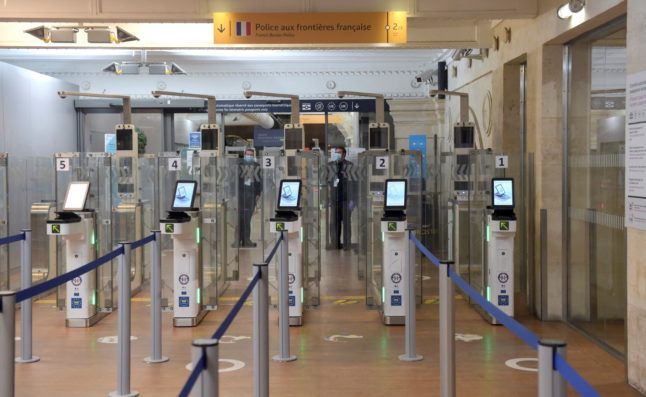Visit a flowery cafe for brunch
Nothing screams Mother’s Day more than springtime and nature. But, what if you want an even greater Parisian experience, and some food to go with it?
Paris is full of corner cafés bursting to the brim with flowers along the building walls and above awnings. Perhaps the cutest example of this is La Favorite – the pinkest café in Paris (and a well-known hangout for Instagram influencers). You can find La Favorite here.
See a stand-up comedy show
Sarah Donnelly is an American who has been living in Paris for a while now, and she knows both the American and Parisian ways of life.
She used to have a show called Becoming Maman, a comedy special about being an American Mom of French kids, which is available on YouTube. Her current show is called The Only American in Paris, in which she talks about her life and motherhood.
You can go see her on Saturday, June 3rd, at the Theatre Saint Bo Martin – tickets here.
View some antique jewellery
A new exhibition opens at L’École, the School of Jewellery Arts, on June 2nd, just in time for Mother’s Day. Called A New Art: Metamorphoses of Jewellery, 1880-1914, it explores and showcases amazing pieces from the era that aren’t regularly exhibited, including some from private collections.
This is a rare opportunity to see some fantastic antiques – tickets here.
Have a theatre trip
Theatres in Paris host numerous English-speaking shows, and there is no shortage of them on Mother’s Day weekend, as well as some opera that is performed with English subtitles in projection.
Shows on June 3rd and 4th include A Brilliant Idea, The Bald Soprano, The Lesson, La Bohème, La Traviata and The Lion King. You can find out more and buy tickets here.
Catch a Mother’s Day film screening
On Mother’s Day itself (June 4th, remember) you could take her to the cinema.
Lost in Frenchlation hosts a screening of Alexis Michalik’s Une Histoire d’Amour, a moving tale of love, family, and overcoming hardships in life. There will also be a special Ciné Balade tour starting at 5pm for a fun and informative new experience in the city, celebrating French and international movies that have been shot around Paris.
The screening will start at 8pm with the bar and pre-screening event opening at 7pm. Located at the unique boat-themed cinema Club de L’Etoile in the 8th arrondissement, this is one of the most interesting experiences you can give your mother for her special day. You can find tickets here.



 Please whitelist us to continue reading.
Please whitelist us to continue reading.
Member comments